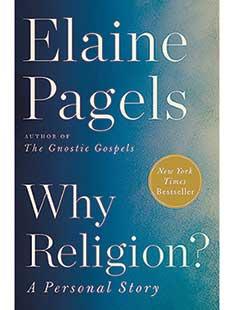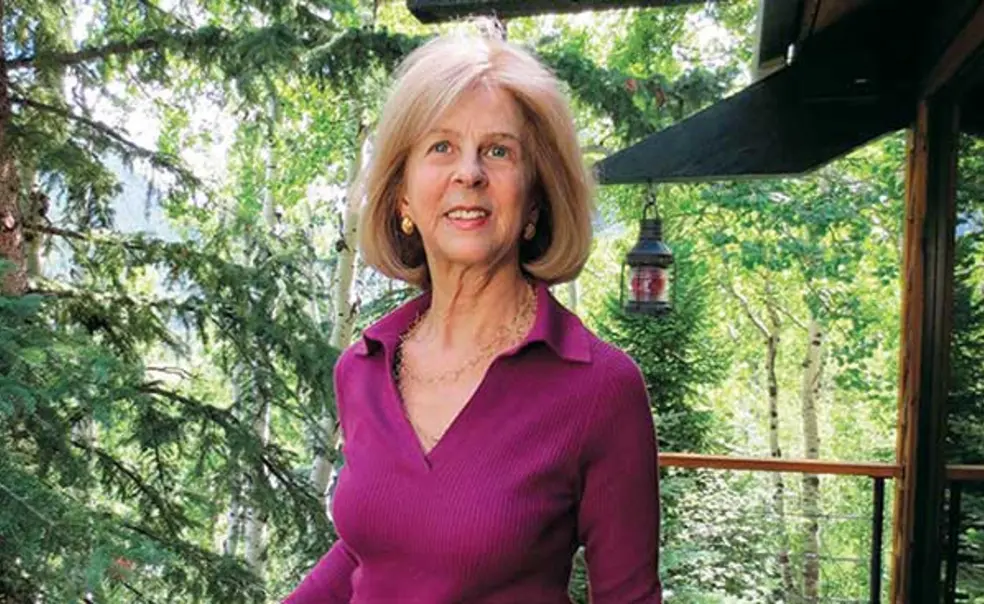
Professor Elaine Pagels is known for her groundbreaking scholarship on early Christianity, but in her most recent book, she considers religion through a new lens: the events of her own life. In Why Religion? A Personal Story (HarperCollins), Pagels explores the personal tragedies she has endured to understand why religion is still around in the 21st century and how its traditions shape us, whether or not we are believers.
Pagels begins with the youthful experience that sparked her interest in religion: seeing Billy Graham preach at a San Francisco stadium when she was 15. “I was brought up in a family in which religion was considered obsolete,” she says, but the experience moved her to tears, and she surged forward with the crowd to be “born again.” Her faith soon dimmed, but not her fascination with the power
of religion.
She was just starting her academic career — and married to physicist Heinz Pagels ’60 — when their son, who had a heart condition and later a lung disease, died at age 6. A year later, Heinz fell to his death while hiking in Colorado. Pagels was alone with two children under the age of 2.
In spare prose, Pagels confronts the realities of death head-on, unraveling her anguish and recalling how it forged a connection to biblical stories for her: “Surely only a woman who’d failed as mother and wife would see both her child and husband die. Could this be punishment for some unknown, unacknowledged sin? Struggling to untangle such messy emotions, I sensed how unconsciously I’d absorbed cultural messages from those ancient traditions, long after my family had given up Christianity. For when those biblical stories turn grief away from anger, they turn it toward guilt.”
Pagels had never before plumbed these events, which happened more than
25 years ago, in print. “This book is something I never expected to write,” she says, but she needed “to bring forth those experiences that I had buried. It was difficult
but liberating.”
And it allowed her to examine how she — and so many others — have turned to religious exploration in times of suffering. “I wanted to show how these biblical stories became a kind of yoga for me when I was dealing with things that a secular household offered no language and no rituals for,” she says.
Why Religion? “is not about tragedy,” Pagels says. “Everybody has losses. For me, it’s about the surprise of feeling well and happy again, and having joy with friends, family, and the work we do — and discovering that we can live through things we can’t imagine surviving.”












No responses yet